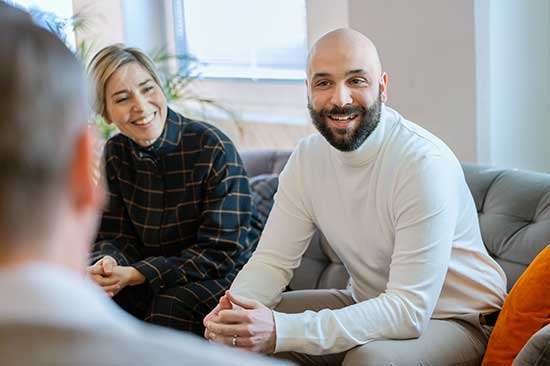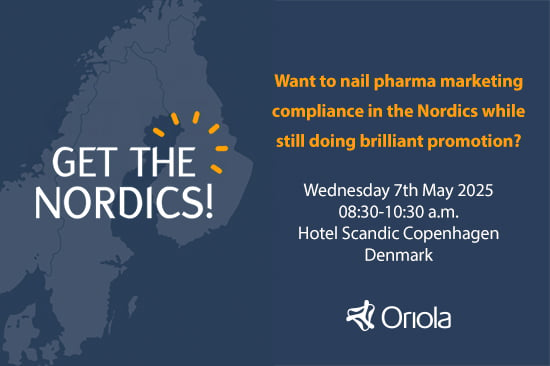Active patients are eroding the expert monopoly on health information
8.4.2019
People are actively searching for health-related information through digital channels and becoming more and more aware of their own health status. When there is a wealth of information available to anyone, the role of health care experts is no longer what it used to be. More and more often, a successful treatment relationship is built on a partnership between expert and patient.
Searching for health information on the internet has been a growing phenomenon for a long time. The health information-seeking behaviour of the elderly population has also changed significantly in recent years. An example of this is an observation which was made in connection with a survey* concerning cancer of the bone marrow (multiple myeloma) conducted by Celgene, the Association of Cancer Patients in Finland and Oriola. In the first section of the myeloma survey, in 2015, patients reported that their primary source of information related to their condition was a physician specialised in the field (84% of respondents). Four years later, in 2019, the primary source of information used by patients was the internet (80% of respondents). The popularity of other digital platforms, such as the Facebook pages of patient organisations, as information channels had grown significantly during the last four years. The median age of the respondents to the surveys that were carried out in 2015 and 2019 was approximately 60 years.
“The patients who participated in the survey strongly felt that taking initiative and having a healthy lifestyle are important for a person’s health and wellbeing. This also explains the increase in patient proactiveness in seeking information about their condition,” says Heli Salminen-Mankonen, team lead of Oriola’s Real World Evidence services, who was involved in carrying out the survey.
The patient’s active role has a positive impact on treatment outcomes
The information that a patient has gathered on the internet is often fragmented. The expertise of a health care professional, such as a medical specialist, is needed to create a true overall picture of the condition, its treatment and its individual characteristics.
“It seems that experts have lost their monopoly on health information as patients are frantically searching for health-related information through digital channels. However, only experts in the field are able to evaluate the available health information from the perspective of each individual patient,” Heli Salminen-Mankonen reminds.
When active patients participate in the decision-making regarding their own health and condition, they are also taking responsibility for their care. The patient and the expert make decisions concerning the treatment of the condition as partners, and this puts the treatment relationship on a more equal footing. When patients have more influence on their own care, also patient satisfaction increases. This has a positive effect on treatment outcomes and the improvement of the patient's health.
Digital health services and wellbeing apps are coming into widespread use
As patients take an increasingly active role in all age groups and patients’ readiness to utilize digital solutions grows, the use of digital health services and wellbeing apps will become more widespread. Actors in the health and wellbeing sector are monitoring the effects of digitalisation on citizens’ healthcare closely. As Minna Anttonen, Executive Director of the Association of Cancer Patients in Finland, states:
“Digitalisation as a megatrend is a fact in all areas of life. We do not yet know what effects this will have on citizens’ relationship with health information. As a patient organisation, we are trying to keep up and stand up for patients during this change.”
The increased responsibility that a patient or citizen has for their own health status or the treatment of their condition means that those producing information also have a growing responsibility. The information published must be evidence-based, reliable, high-quality and general, but also individual enough.
“The growth of individual responsibility also needs to be reflected in the way actors in the field take responsibility,” Heli Salminen-Mankonen sums up.
*The primary goal of the survey conducted by Celgene, the Association of Cancer Patients in Finland and Oriola was to assess the treatment satisfaction of patients with cancer of the bone marrow. In the 2019 survey, data was gathered directly from patients through Oriola’s Real World Evidence services. Learn more about the RWE service here. Celgene will report on the results of the myeloma study during the spring of 2019.
PM-FI-NA-0003 03/2019


